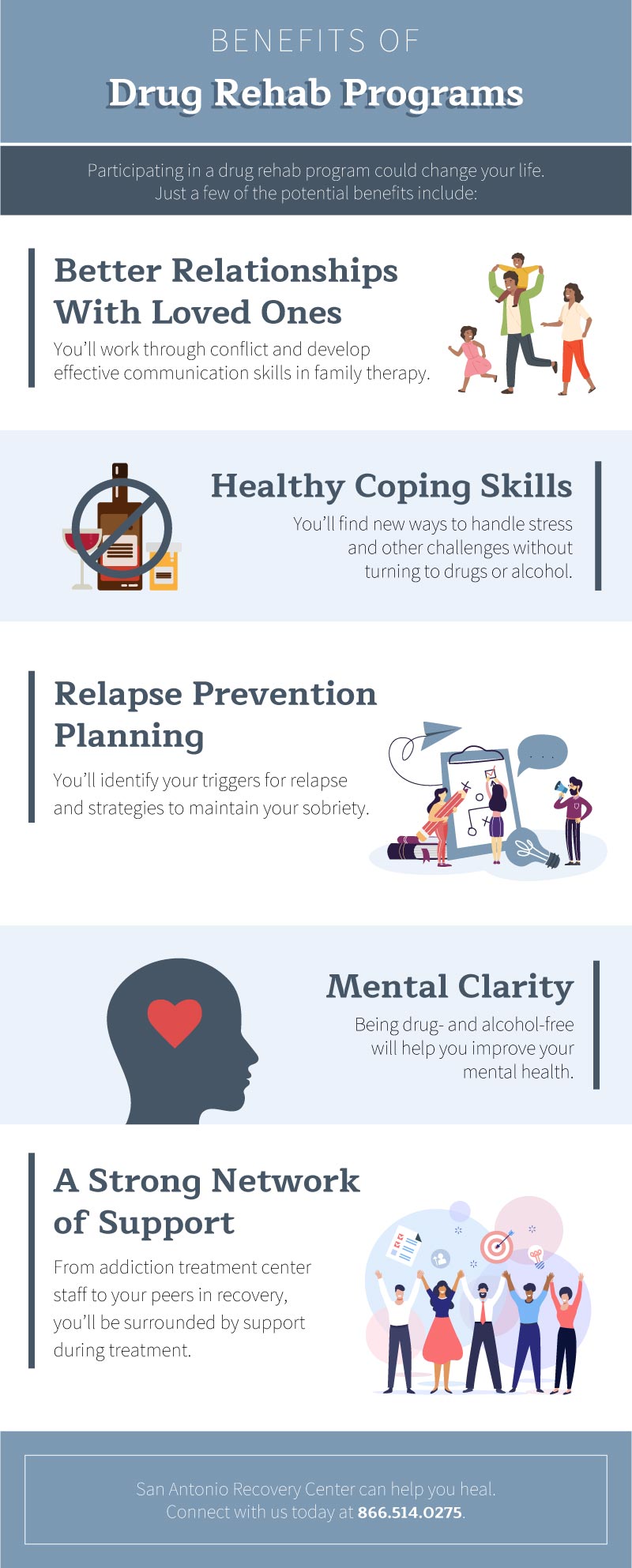Life-Changing Support: Why Choose Our Addiction Treatment Center
Life-Changing Support: Why Choose Our Addiction Treatment Center
Blog Article
Browsing the Trip of Detoxing in the Comprehensive Addiction Therapy Program
Starting the course of detoxification within the framework of a comprehensive addiction therapy program is a crucial phase in the trip towards healing. The procedure of detoxing holds a significant function in breaking the physical dependancy on materials and preparing the person for the subsequent phases of therapy. Nevertheless, navigating via detoxification is not merely a matter of physical cleaning; it requires an intricate interaction of emotional, psychological, and social aspects that need cautious consideration and support. As people come to grips with the difficulties of withdrawal signs and the unpredictabilities that exist ahead, having a durable assistance and a structured strategy system in area ends up being vital. In this discussion, we will certainly discover the diverse aspects of detoxification within the comprehensive dependency treatment program and shed light on the critical parts that shape this transformative trip in the direction of recovery.
Relevance of Detoxification in Recuperation

Detoxing establishes the foundation for the remainder of the addiction treatment program by preparing the person for additional treatment and therapy. By cleansing the body of substances that have actually been clouding judgment and influencing behavior, detox enables clients to approach their healing with a more clear mind and more powerful focus.
Additionally, detoxing aids in taking care of the possibly serious withdrawal signs that might arise when drug or alcohol usage is quit. Doctor closely monitor patients throughout detoxification to ensure their safety and provide essential assistance. With this process, people can start their journey towards soberness with a supported physical and mental state, raising the possibility of a successful recuperation.
Comprehending the Detox Refine
Cleansing, a fundamental part of addiction therapy programs, includes an organized process targeted at safely eliminating unsafe substances from the body to promote a successful recovery trip. The detox procedure generally starts with an examination to evaluate the person's compound usage history, physical wellness, and mental health. This assessment aids health care specialists identify one of the most suitable detoxification plan customized to the person's requirements.
Throughout detox, the body experiences withdrawal as it adjusts to the lack of the substance. Withdrawal signs differ depending upon the kind of compound made use of, the duration of usage, and individual aspects. Clinical supervision during detoxification is essential to take care of withdrawal symptoms and make certain the individual's safety and security and comfort.

Managing Withdrawal Symptoms

Drugs may be utilized to alleviate certain withdrawal signs and symptoms and decrease pain. Drugs like methadone or buprenorphine can help handle opioid withdrawal signs and symptoms, while benzodiazepines might be used for alcohol withdrawal. It is necessary for doctor to carefully keep track of the person's feedback to these medications to ensure their security and efficiency.
Along with pharmacological treatments, supportive therapies such as counseling, peer support system, and alternative methods like mindfulness meditation or yoga can assist people deal with the psychological and mental difficulties of withdrawal. By attending to withdrawal signs and symptoms adequately, medical care providers can enhance the detoxification experience and support people on their trip to recuperation.

Support Solutions Throughout Detoxification
Assistance systems play a crucial role in giving emotional and social help to people undertaking detoxification in addiction therapy programs. Throughout the detoxification procedure, people often experience a variety of mental and physical withdrawal signs, making this phase difficult - Addiction Treatment Center. Having a strong support group in position can substantially affect the individual's capability to navigate through detox successfully
Relative, buddies, support teams, and medical right here care professionals are vital parts of the assistance system. Family members participants and good friends can use motivation, understanding, and a sense of belonging during this tough time. Assistance teams supply a platform for individuals to attach with others that are going via comparable experiences, providing a sense of neighborhood and shared understanding. Healthcare professionals, consisting of doctors, therapists, and specialists, play an important role in checking the person's progress, providing clinical support, and offering advice throughout the detox process.
Looking Ahead: Life After Detoxification
Having actually effectively completed the cleansing phase, people in addiction treatment programs now concentrate on preparing for the difficulties and chances that exist you can try here ahead in their trip towards recuperation. Life after detox marks a critical transition duration where people should continue to develop on the progress made during detoxification to keep their sobriety. It is vital for people to identify that the trip in the direction of healing is continuous and needs dedication, commitment, and a willingness to embrace change.
One trick facet of life after detoxification is the advancement of dealing devices to deal with triggers and cravings that might emerge. This might include learning new abilities, such as mindfulness techniques, cognitive-behavioral methods, and tension management strategies, to browse difficult circumstances without resorting to material usage. Additionally, people are motivated to actively take part in recurring therapy, support teams, and aftercare programs to enhance their support network and get assistance as they navigate the intricacies of life post-detox.
Final Thought
Understanding the detox procedure and managing withdrawal signs and symptoms are vital steps in the direction of recovery. It is crucial to identify the importance of detoxification in the procedure of conquering dependency and relocating towards a life of sobriety.
Clinical guidance during detox is critical to manage withdrawal signs and make certain the individual's security and convenience.
By recognizing the detox process and its value in damaging the cycle of dependency, individuals can begin on a course in the direction of lasting recovery.
During the detox process, people usually experience a range of emotional and physical withdrawal symptoms, making this phase difficult. Health care specialists, consisting of counselors, therapists, and physicians, play an important function in keeping an eye on the person's development, supplying clinical support, and using support throughout the detox process.
Life after detox marks an important change duration where people have to continue to build on the progression made during detoxification to keep their soberness.
Report this page